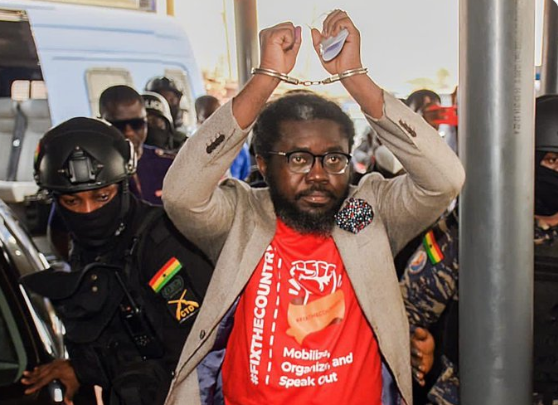A time when gari and plantain became the most important food in Ghana

One of the toughest times in Ghana’s history was in the 1970s when there was a major shortage of food in the country.
Under the leadership of General Kutu Acheampong and his National Redemption Council, residents were forced into self-producing their own food.
The era became known as “Operation Feed Yourself.”
In a Daily Graphic newspaper clipping sighted by GhanaWeb, and dated Tuesday, September 17, 1974, it details how and why gari (cassava flakes) and plantain became, perhaps, the most important food crops in Ghana.
According to the newspaper clipping, with the headline, ‘Students to feed themselves,’ one of the senior high schools in the country at the time had produced so much from this program that it had declared that it would no longer require subvention from the government for food.
“The Dunkwa Secondary School will, as from the next academic year, not require government subvention for the purchase of “gari” and plantain to feed its students.
“According to Mr. J.Y. Ackah, the headmaster of the school, this was because the school’s 40-acre “Operation Feed Yourself” cassava and plantain farms would yield more than the school’s requirement,” portions of the newspaper clipping read.
It became clear from the story that the results of the program were so evident that the school had even recorded more successes.
“Other crops cultivated under the programme include over ten acres each of maize and yam and ten acres of cocoyam, coconut, citrus, and vegetables.
“In an interview, Mr. Ackah said the school had also set up a poultry farm with 1,600 birds and would be self-sufficient in egg production in six months’ time,” the report added.
About Operation Feed Yourself:
According to details available on infloclio.ch, in February 1972, barely a month after he came to power, Colonel Ignatius Kutu Acheampong and his National Redemption Council (NRC) launched Ghana’s most popular food programme.
The aim of “Operation Feed Yourself” (OFY) was to make Ghana self-sufficient in food supply in order to break with the colonial past and correct the “image of a beggar nation”.
Through widespread propaganda in newspapers, radio, and television, Ghanaians were urged to engage in agriculture and contribute to the country’s food production.
The government supported the programme with subsidized farm inputs, access to credit facilities, and duty-free importation of agricultural machinery.
What differentiated OFY from previous food programmes was the initial enthusiasm it created in the country, resulting in broad participation of the Ghanaian population.
Thousands of Ghanaians took part in clearing land or helping harvest crops. Urban dwellers were drawn into backyard farming, and large-scale rice production in the northern regions increased substantially.
In the first three years of OFY, the production of all key food and industrial crops rose. Ghana was officially declared self-sufficient in rice production in 1974.
This led some authors to characterize OFY as Ghana’s Green Revolution.
CLICK HERE TO DOWNLOAD PRESS RADIO MOBILE APP

Although OFY is well known and even fondly remembered among Ghanaians, extensive historical research on the programme has not been conducted to date.
Source: www.ghanaweb.com






